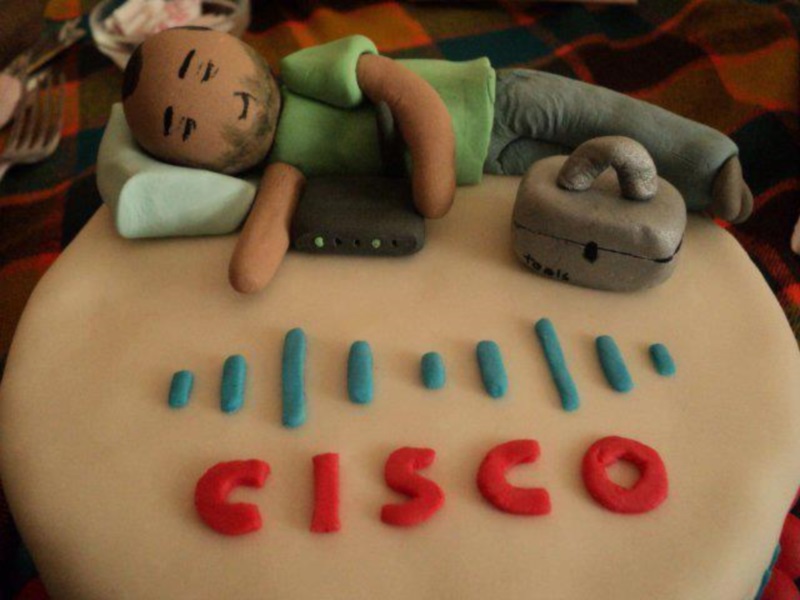- Home
- Internet
- Internet News
- Cisco Security Researchers Disable Big Distributor of Ransomware
Cisco Security Researchers Disable Big Distributor of Ransomware

The investigators from Cisco's Talos security unit were looking at the Angler Exploit Kit, which analysts at several companies say has been the most effective of several kits at capturing control of personal computers in the past year, infecting up to 40 percent of those it targeted.
They found that about half of computers infected with Angler were connecting to servers at a hosting provider in Dallas, which had been hired by criminals with stolen credit cards. The provider, Limestone Networks, pulled the plug on the servers and turned over data that helped show how Angler worked.
The research effort, aided by carrier Level 3 Communications, allowed Cisco to copy the authentication protocols the Angler criminals use to interact with their prey. Knowing these protocols will allow security companies to cut off infected computers.
"It's going to be really damaging to the attacker's network," Telos manager Craig Williams told Reuters ahead of the release of the report.
Cisco said that since Limestone pulled the plug on the servers, new Angler infections had fallen off dramatically.
Limestone's client relations manager told Reuters his company had unwittingly helped the spread of Angler before the Cisco investigation.
Often sold in clandestine Internet forums or in one-to-one deals, exploit kits combine many small programs that take advantage of flaws in Web browsers and other common pieces of software. Buyers of those kits must also arrange a way to reach their targets, typically by sending spoof emails, hacking into websites or distributing malicious advertisements.
Once they win control of a target's computer, exploit kit buyers can install whatever they want, including so-called ransomware. This includes a number of branded programs, also sold online, that encrypt users' computer files and demand payment to release them.
Telos estimated that if three percent of infected users paid the ransom averaging $300 (roughly Rs. 20,000), the criminals that had used the Limestone servers to spread Angler could have made about $30 million (roughly Rs. 200 crores) a year.
© Thomson Reuters 2015
Catch the latest from the Consumer Electronics Show on Gadgets 360, at our CES 2026 hub.
Related Stories
- Samsung Galaxy Unpacked 2025
- ChatGPT
- Redmi Note 14 Pro+
- iPhone 16
- Apple Vision Pro
- Oneplus 12
- OnePlus Nord CE 3 Lite 5G
- iPhone 13
- Xiaomi 14 Pro
- Oppo Find N3
- Tecno Spark Go (2023)
- Realme V30
- Best Phones Under 25000
- Samsung Galaxy S24 Series
- Cryptocurrency
- iQoo 12
- Samsung Galaxy S24 Ultra
- Giottus
- Samsung Galaxy Z Flip 5
- Apple 'Scary Fast'
- Housefull 5
- GoPro Hero 12 Black Review
- Invincible Season 2
- JioGlass
- HD Ready TV
- Laptop Under 50000
- Smartwatch Under 10000
- Latest Mobile Phones
- Compare Phones
- Honor Magic 8 RSR Porsche Design
- Honor Magic 8 Pro Air
- Infinix Note Edge
- Lava Blaze Duo 3
- Tecno Spark Go 3
- iQOO Z11 Turbo
- OPPO A6c
- Samsung Galaxy A07 5G
- Lenovo Yoga Slim 7x (2025)
- Lenovo Yoga Slim 7a
- Lenovo Idea Tab Plus
- Realme Pad 3
- Moto Watch
- Garmin Quatix 8 Pro
- Haier H5E Series
- Acerpure Nitro Z Series 100-inch QLED TV
- Asus ROG Ally
- Nintendo Switch Lite
- Haier 1.6 Ton 5 Star Inverter Split AC (HSU19G-MZAID5BN-INV)
- Haier 1.6 Ton 5 Star Inverter Split AC (HSU19G-MZAIM5BN-INV)







![[Sponsored] Haier C90 OLED TV | Dolby Vision IQ, 144Hz OLED and Google TV in Action](https://www.gadgets360.com/static/mobile/images/spacer.png)









